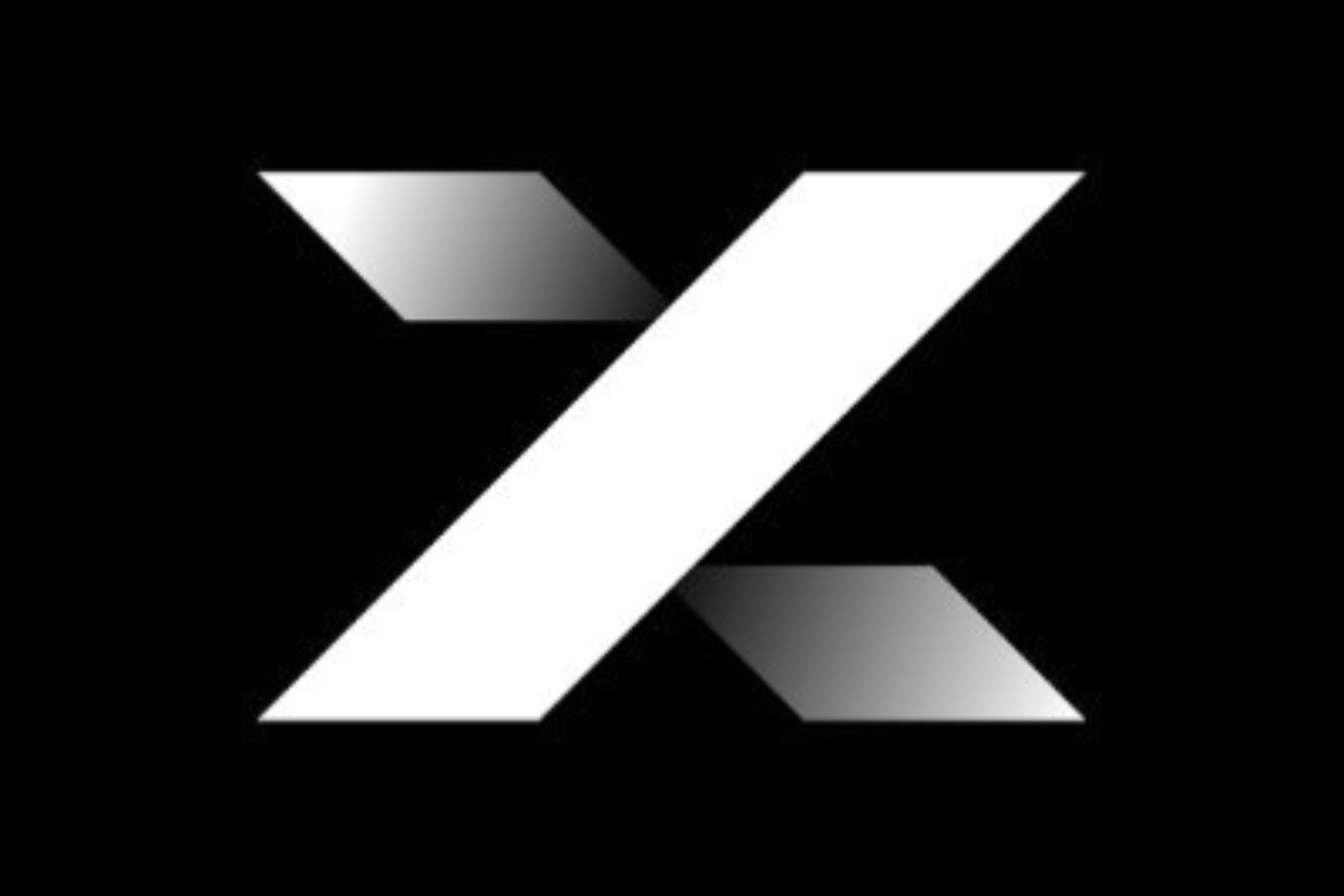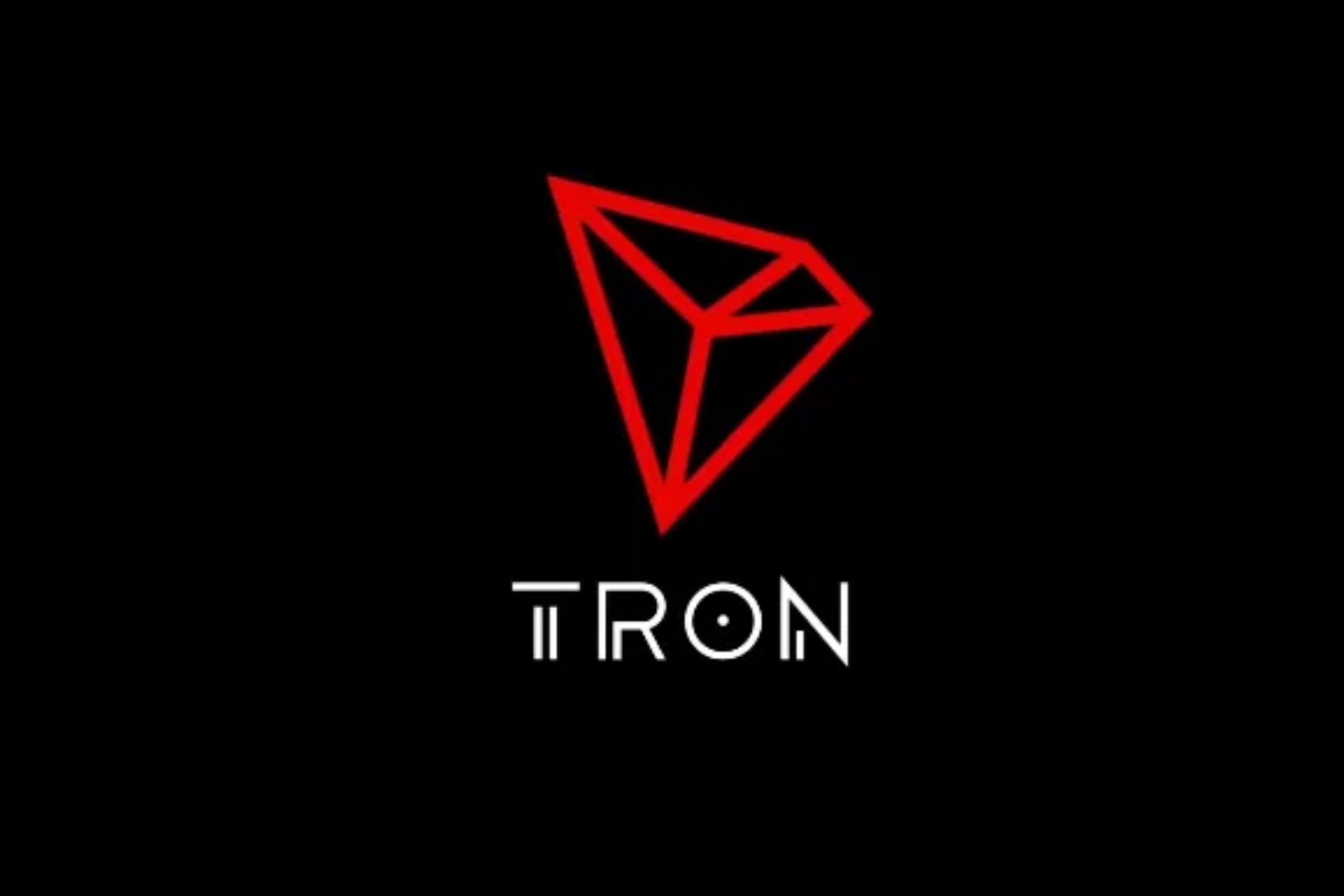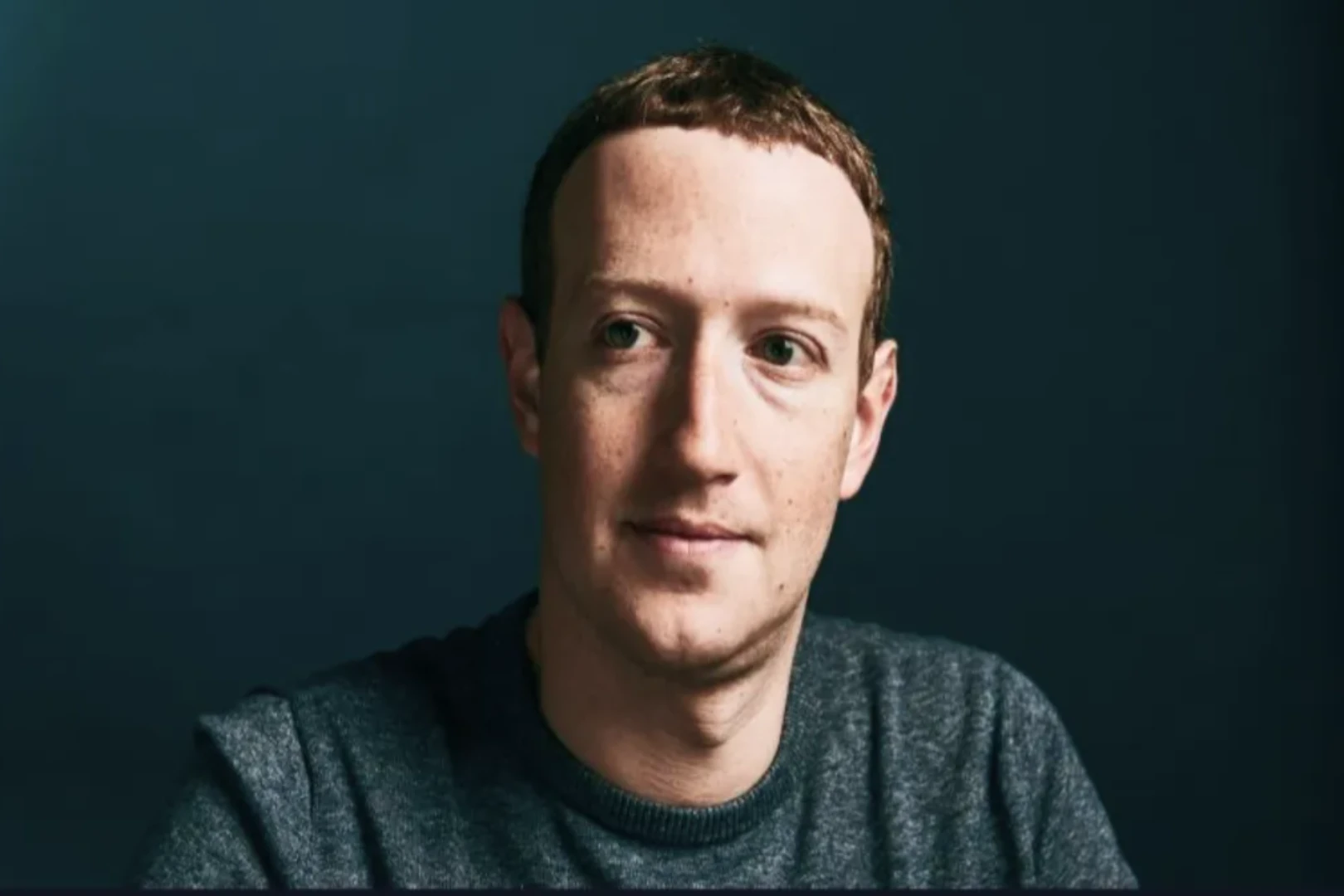This article comes fromCoinDesk, original author: Brady Dale
Odaily Translator |

This article comes from
, original author: Brady Dale
Odaily Translator |
In short, Facebook is currently building an asset-backed cryptocurrency under the leadership of former PayPal president David Marcus, and it will operate within its internal instant messaging infrastructure, including WhatsApp, Instagram and Facebook Messenger.
The latest news about the "Libra" project comes from the British broadcaster BBC, who disclosed that Facebook internally refers to its cryptocurrency as GlobalCoin, which is expected to be launched in more than a dozen countries around the world in the first quarter of 2020.
However, Mark Zuckerberg's "diversification ambition" to enter the financial technology industry has already begun in 2017. Next, let Mr. Odaily (WeChat: o-daily) take everyone to see everything about Facebook’s cryptocurrency so far.
secondary title
Facebook first showed interest in distributed ledger technology in December 2017, when David Marcus joined the board of Coinbase, a well-known cryptocurrency exchange. This move is very noteworthy, because David Marcus had another identity at the time - Facebook's vice president of instant messaging products, and he managed two of the world's largest instant messaging applications: Facebook Messenger and WhatsApp (Facebook launched in 2014 acquired WhatsApp for $19 billion in February 2009).
Although Facebook is already one of the top companies in the world in the field of instant messaging, there is still a functional difference between them and their biggest competitor WeChat: payment.
At this time, the role of David Marcus is particularly important, because he previously served as the president of PayPal, an American online payment giant, and he should be able to solve such technical problems with ease.

More importantly, Facebook is not limited to "pure" payments. In August 2018, Facebook decided to get serious about cryptocurrencies as David Marcus decided to leave the Coinbase board.
December 2018
In fact, the main reason why David Marcus gave up his position on the Coinbase board of directors was that he was appointed by Facebook in May 2018 to be in charge of the blockchain business. According to a spokesperson for Coinbase at the time, David Marcus left Coinbase to avoid conflicts of interest.

secondary title
Facebook’s cryptocurrency surfaced in December 2018 when Bloomberg reported that Facebook was planning to issue a stablecoin anchored to a “basket” of currencies. Stablecoins are a controversial type of cryptocurrency because they are more of a relatively frictionless solution than other cryptocurrencies, often without price volatility.
But also since then, there have been concerns that Facebook's cryptocurrency could become overly centralized. After all, many stablecoins in the cryptocurrency industry have experienced various problems, such as Tether’s USDT, Ampleforth, TrueUSD, and the ill-fated Basis.
secondary title
January 2019

The New York Times reported that Facebook wants to unify the deployment of cryptocurrencies on Instagram, WhatsApp and Facebook Messenger, which is obviously for a strategic reason, because on the one hand, it can promote P2P payment business on cross-platform, and on the other hand, It can attract a new group of cryptocurrency users to Facebook's social network.
secondary title
February 2019
In fact, since the beginning of 2019, Facebook has been posting a large number of job positions related to blockchain technology, and they are also using the "old-fashioned" acquisition method to dig talent. Shortly thereafter, there were rumors that Facebook was seeking investors to support its cryptocurrency project. Many Silicon Valley investors said they had heard that Facebook was raising funds, but did not disclose too many details.
The launch of Facebook's cryptocurrency was delayed in late February, just as people found out how their project worked was too mysterious. All blockchain-related work at the social media giant appears to be done behind closed doors, and everyone involved has signed non-disclosure agreements with Facebook.
Four sources told The New York Times at the time that Facebook had reached out to several leading cryptocurrency exchanges. (Facebook met with Coinbase and Gemini separately, according to the Financial Times in May)

secondary title
The company claims to be focusing on privacy, something Mark Zuckerberg elaborated on to developers at the annual F8 conference, arguing that sending money to others should be as easy as sending a photo. Mark Zuckerberg believes that public news feeds should no longer be Facebook's main attraction, and he wants Facebook to become a platform for people to communicate privately.
But end-to-end encrypted content could make ad targeting less viable if that happens. And this is precisely the reason why Facebook issued a cryptocurrency, because in this way, they can make up for the loss of advertising revenue.
It’s worth noting that 98% of Facebook’s $40 billion in revenue in 2017 came from advertising. According to analysts at Barclays, Facebook’s cryptocurrency revenue will soar from $3 billion to $19 billion by 2021.
secondary title
May 2019

"New York Times" reporter Nathaniel Popper disclosed on Twitter that Facebook is seeking external funding for the "Libra" cryptocurrency project. The Wall Street Journal later confirmed the news, revealing that in addition to seeking venture capital help, Facebook had also met with Western Union and payments giant Visa.
At the same time, the U.S. Congress has also begun to pay attention to Facebook’s currency issuance. In response, Facebook hired two compliance professionals from Coinbase with extensive experience in the banking and payments industries. Not only that, Facebook also recruited Christian Catalini, an encryption economist at the Massachusetts Institute of Technology, to advise on "Libra".
In mid-May, Reuters reported that Facebook had registered a new company called "Libra Networks" in Switzerland, in which Facebook Global Holdings is a shareholder. The company has continued to use the project name "Libra". Judging from the registration information, they will be committed to developing financial service products, and the blockchain is also an important part of it.





